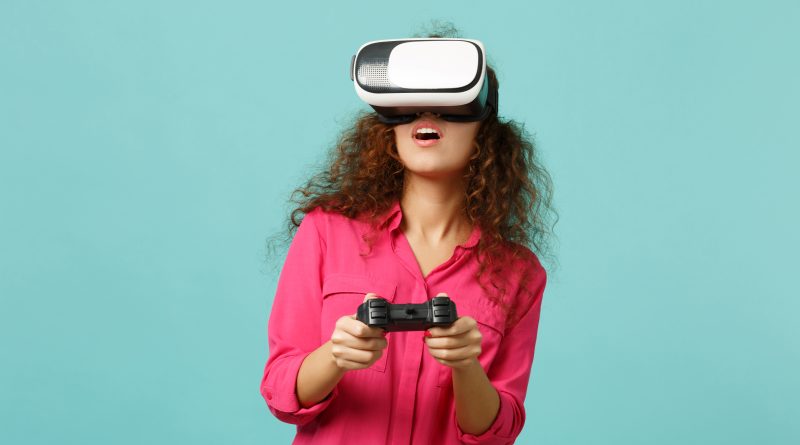A BAD TUNE OF GAMING DISORDER
Today online games are very popular and it may be easy to get absorbed in the competition, but can they be addictive? That is a question still being debated among researchers and health professionals……
By Abhigyan/Abhinav

In recent past two incidents of internet gaming addiction turning minors into criminals have come to the force in the capital city Lucknow of Uttar Pradesh.
While in the first case, a boy stole Rs 4.5 lakh from his house to pay for the game, in the second case, the boy went on to kill his mother. In another incident, a 16-year-old boy killed his cousin in Nagaur, Rajasthan to pay off debts he incurred through online video games. A 14-year-old boy killed himself by hanging in Central Mumbai over issues related with too much gaming.
As per report, several cases are reported every month in which kids are found to be turning violent because of such gaming addictions. It has been found that though they are addicted to an alarming level, these children do not consider their behavior a problem. In fact, even their parents do not react to their behavior.
“The parents need to watch if the child is getting aggressive when he is not allowed to watch a show or play an online game on mobile, laptop. If they refuse to eat, and get stubborn with their demands, consider the situation alarming” Dr. Nimesh G Desai

Dr. Nimesh G Desai, Former, Director, Institute of Human Behavior and Allied Sciences, Delhi. said, “it is only when they develop mental/physical disorders;, they are brought to the clinic. The number of children addicted to gaming might even be more as the parents only visit when these children become very violent. If such children are counseled on time, such issues can be resolved easily; the most worrisome fact about these games is that there is no end to it.”
“If you clear one level, you are introduced to another challenge. This keeps the young people captivated round the clock, and they get socially alienated. Further elaborating on battle games, the young mind begins to think that he is getting powerful in the real world also”, he added.
“The parents need to watch if the child is getting aggressive when he is not allowed to watch a show or play an online game on mobile, laptop. If they refuse to eat, and get stubborn with their demands, consider the situation alarming, while claiming that many children who were addicted to such games became normal after a few counseling sessions. .” Dr. Nimesh G Desai, added
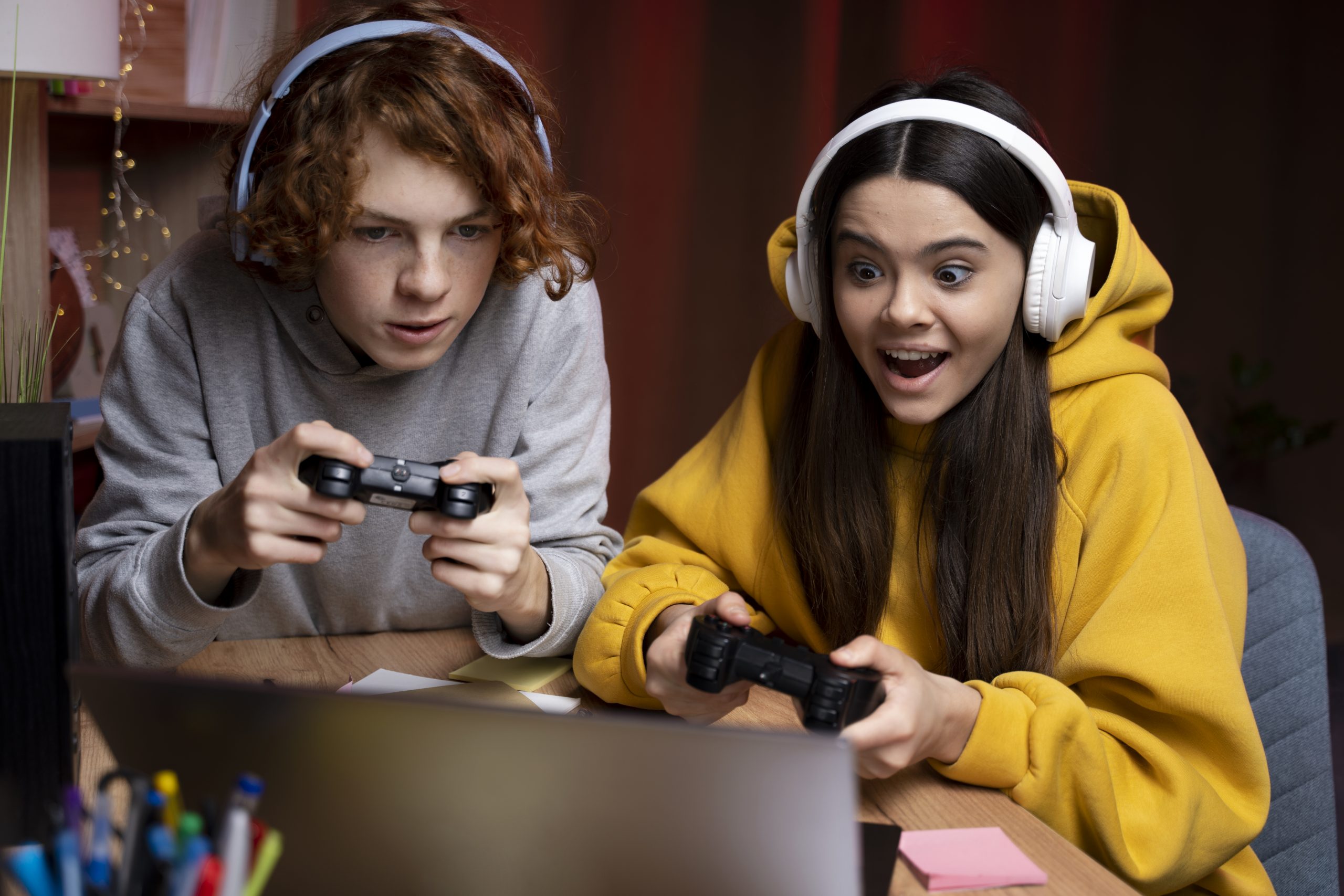
What is gaming disorder?
 Dr Mina Chandra, Professor and Head of department of Psychiatry, Dr Ram Manohar Lohia Hospital, New Delhi, said, “Gaming disorder is defined in the 11th Revision of the International Classification of Diseases (ICD-11) as a pattern of gaming behavior both digital-gaming and video-gaming characterized by impaired control over gaming, increasing priority given to gaming over other activities to the extent that gaming takes precedence over other interests and daily activities, and continuation or escalation of gaming despite the occurrence of negative consequences.”
Dr Mina Chandra, Professor and Head of department of Psychiatry, Dr Ram Manohar Lohia Hospital, New Delhi, said, “Gaming disorder is defined in the 11th Revision of the International Classification of Diseases (ICD-11) as a pattern of gaming behavior both digital-gaming and video-gaming characterized by impaired control over gaming, increasing priority given to gaming over other activities to the extent that gaming takes precedence over other interests and daily activities, and continuation or escalation of gaming despite the occurrence of negative consequences.”
“World Health Organization has already recognized that online game addiction is a mental health disorder as pattern of persistent or recurrent gaming behavior so severe it takes precedence over other life interests. As per a study, about 3.5% of Indian adolescents suffer from Internet gaming disorder (IGD). The rate is 0.5% higher than the global average. Indian studies show that 8% boys and 3% girls fall in the IGD bracket.”, Dr Mina Chandra, added.
Internet gaming disorder refers to the problematic use of on-line or off-line video games. Presently the prevalence of IGD among the adolescent group was between 1.3% to 19.9% and males reported more prevalence than females. An aim of this study was to know the prevalence and the various factors associated with the development IGD among adolescents.
 Dr. Rushi Tamanna, Head of the Department Clinical Psychology Service, RML. Hospital, New Delhi, said,” The gaming disorders can also be linked with anxiety, depression, obesity, sleeping disorders, and stress. People who remain physically inactive for long periods because of gaming may also be at higher risk of obesity, sleep disorders, and other health-related issues. The researchers found that 0.3 to 1.0 percent of the general population might qualify for a potential diagnosis of internet gaming disorder.’
Dr. Rushi Tamanna, Head of the Department Clinical Psychology Service, RML. Hospital, New Delhi, said,” The gaming disorders can also be linked with anxiety, depression, obesity, sleeping disorders, and stress. People who remain physically inactive for long periods because of gaming may also be at higher risk of obesity, sleep disorders, and other health-related issues. The researchers found that 0.3 to 1.0 percent of the general population might qualify for a potential diagnosis of internet gaming disorder.’
The prevalence differences between age groups, gender, class of the student and availability of smart phone with internet facility act as an important risk factors for the occurrence of IGD among adolescents..
The International Classification serves to record and report health and health-related conditions globally. ICD ensures interoperability of digital health data, and their comparability. The ICD contains diseases, disorders, health conditions and much more. The inclusion of a specific category into ICD depends on utility to the different uses of ICD and sufficient evidence that a health condition exists.
According to Dr. Rushi Tamanna, for gaming disorder to be diagnosed, the behaviour pattern must be severe enough that it results in significant impairment to a person’s functioning in personal, family, social, educational, occupational or other important areas, and would normally have been evident for at least 12 months.
A decision on inclusion of gaming disorder in ICD-11 is based on reviews of available evidence and reflects a consensus of experts from different disciplines and geographical regions that were involved in the process of technical consultations undertaken by WHO in the process of ICD-11 development. Further research showed that there is a need to standardize gaming disorder.
Dr Mina Chandra, added, “The inclusion of gaming disorder in ICD-11 follows the development of treatment programmes for people with health conditions identical to those characteristic of gaming disorder in many parts of the world, and will result in the increased attention of health professionals to the risks of development of this disorder and, accordingly, to relevant prevention and treatment measures”.
The report reveals that gaming disorder affects only a small proportion of people who engage in digital- or video-gaming activities. However, people who partake in gaming should be alert to the amount of time they spend on gaming activities, particularly when it is to the exclusion of other daily activities, as well as to any changes in their physical or psychological health and social functioning that could be attributed to their pattern of gaming behaviour.
Internet Gaming Disorder is defined by a persistent and recurrent involvement with videogames, often leading to significant impairments of daily, work and/or educational activities. Internet gaming disorder as a syndrome in which one experiences a loss of interest in other social activities, loss of relationships, educational or career opportunities, gaming in order to relieve or escape anxiety, guilt or other negative mood states over a twelve month period. Additionally, researchers have established the negative impact on one’s sound mental health, including loneliness, depression and even suicidal thoughts, resulting from excessive digital gaming especially in the last two years of the pandemic when everyone was forced to remain indoors. It was then that there was a significant rise in the number of gaming app downloads across India.
The symptoms of internet gaming disorder include preoccupation with gaming, withdrawal symptoms when gaming is taken away or not possible (sadness, anxiety, irritability), tolerance, the need to spend more time gaming to satisfy the urge. inability to reduce playing and unsuccessful attempts to quit gaming.
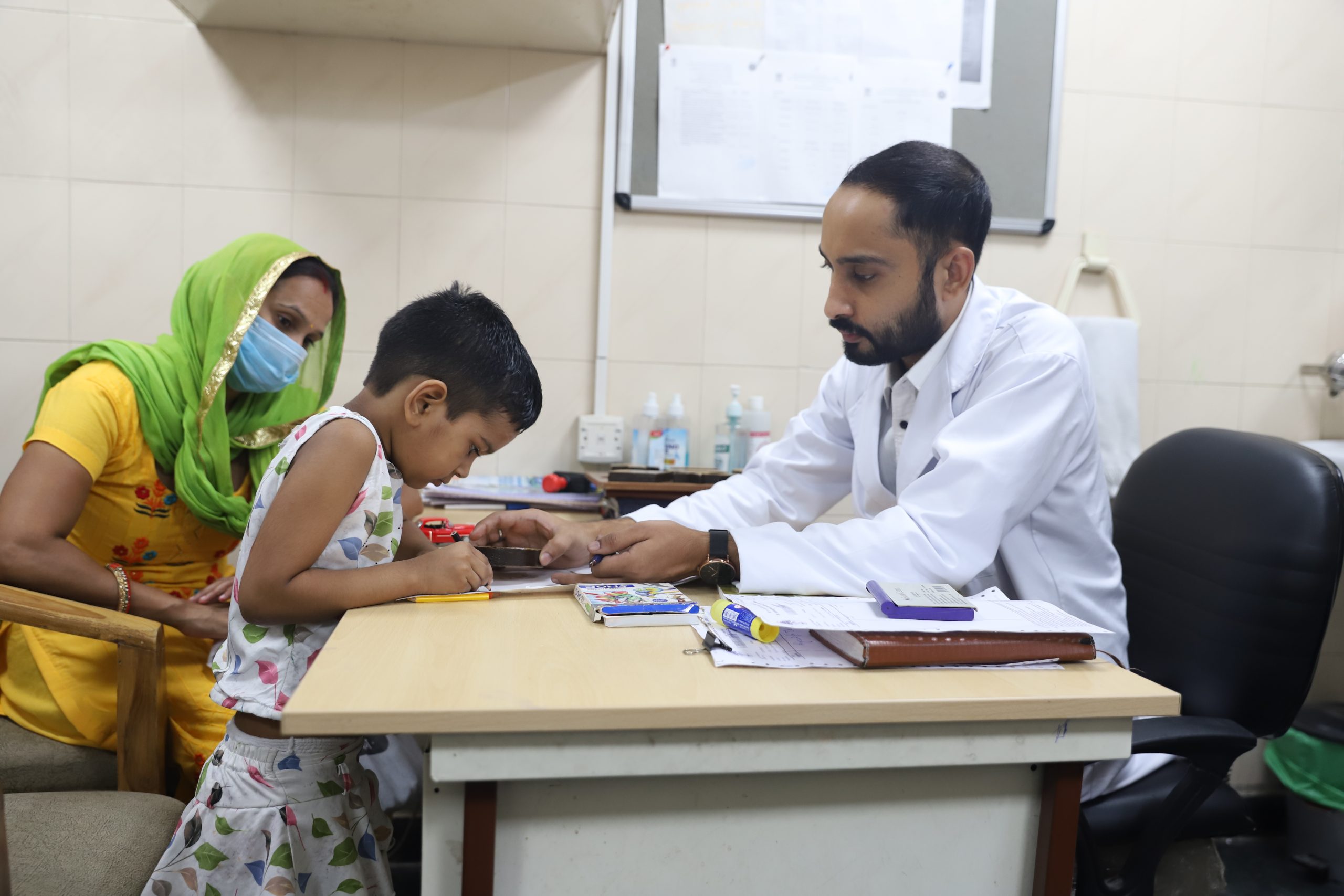 Internet gaming disorder has been a controversial entity with various opinions about its clinical relevance as an independent mental disorder. This debate has also included discussions about the relationships between problematic gaming, various psychiatric disorders, and personality traits and dimensions. This paper outlines a developmental-theory based model of Internet gaming misuse inspired by the treatment of two adolescent inpatients.
Internet gaming disorder has been a controversial entity with various opinions about its clinical relevance as an independent mental disorder. This debate has also included discussions about the relationships between problematic gaming, various psychiatric disorders, and personality traits and dimensions. This paper outlines a developmental-theory based model of Internet gaming misuse inspired by the treatment of two adolescent inpatients.
Addiction to gaming is described in the American Psychiatric Association’s Diagnostic and Statistical Manual of Mental Disorders (DSM-5), which is used by mental health professionals to diagnose mental disorders. There was not sufficient evidence to determine whether the condition is a unique mental disorder or the best criteria to classify it at the time the DSM-5 was published in 2013. However, it recognized internet gaming disorder in the section recommending conditions for further research, along with caffeine use disorder and other conditions.
The DSM-5 includes substance-related addictive disorders, such as alcohol, tobacco, stimulants, marijuana and opioids. Gambling disorder is the only behavioral addiction. so if you are concerned for yourself or a loved one about preoccupation with gaming and related problems, you should contact health care provider or a mental health professional.
The DSM-5 notes that gaming must cause “significant impairment or distress” in several aspects of a person’s life. This proposed condition is limited to gaming and does not include problems with general use of the internet, online gambling, or use of social media or smartphones.
Under the proposed criteria, a diagnosis of internet gaming disorder would require experiencing five or more of these symptoms within a year. The condition can include gaming on the internet, or on any electronic device, although most people who develop clinically significant gaming problems play primarily on the internet.
Whether internet gaming should be classified as an addiction/mental disorder is the subject of much debate and a growing body of research. There is neurological research showing similarities in changes in the brain between video gaming and addictive substances.
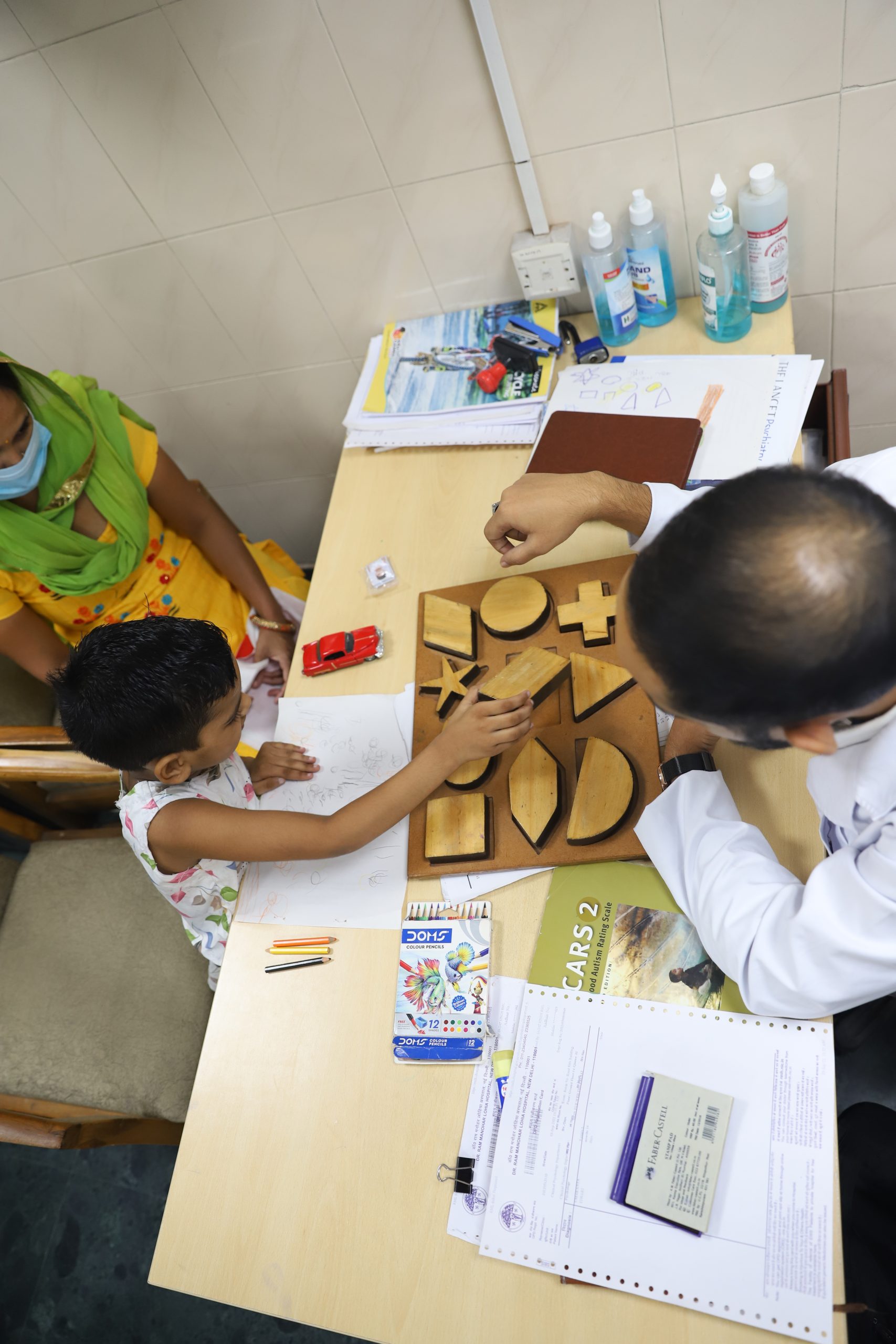 According to a report, the validity and reliability of the criteria for internet gaming disorder, compare it to research on gambling addiction and problem gaming, and estimate its impact on physical, social and mental health. The study found that among those who played games, most did not report any symptoms of internet gaming disorder and the percentage of people that might qualify for internet gaming disorder is extremely small.
According to a report, the validity and reliability of the criteria for internet gaming disorder, compare it to research on gambling addiction and problem gaming, and estimate its impact on physical, social and mental health. The study found that among those who played games, most did not report any symptoms of internet gaming disorder and the percentage of people that might qualify for internet gaming disorder is extremely small.
The research involved several studies of adults in the U.S., United Kingdom, Canada and Germany. They found more than 86 percent of young adults ages 18 to 24 and more than 65 percent of all adults had recently played online games. The percentages of men and women who recently played was roughly equal. However, the research is mixed on whether those who met the criteria for internet gaming disorder had poorer emotional, physical and mental health than those who did not meet the criteria.
The two clinical vignettes illustrate distinct developmental pathways like an internalized pathway through the development of social anxiety, emotional and behavioral avoidance and an externalized pathway with a low level of emotional regulation strategies and impulsivity. In both clinical cases, attachment issues played a key role to understand the specific associations of risk and maintaining factors for IGD, and gaming behaviors may be seen as specific forms of maladaptive self-regulatory strategies for these two youths. These clinical observations support the assumption that gaming use problematic in adolescents should be viewed with a developmental approach, including key aspects of emotional development that represent significant targets for therapeutic interventions.
Adolescence represents a period of vulnerability for the emergence of addictive behaviors with a peak of the incidence during the transition into young adulthood.
Developmentally, teens are focused on establishing autonomy and identity through sets of social experiences within peer groups. The need to integrate multiple, and somewhat conflicting, demands and developmental needs may result in interpersonal conflicts and emotional distress. In this context, addictive behaviors can emerge as a means of developing a new sense of identity within a peer group and relieve emotional distress. While the starting point of addictive behavior is often during adolescence, etiological factors are rooted in childhood, especially early-environmental factors and cognitive and socio-emotional dysfunctions.
The definition of IGD eludes any developmental perspectives. How do the clinical significance, the natural course, and the therapeutic strategies for IGD vary across age? Indeed, one may think that the impact of severe gaming misuse will depend on how this behavior interferes with normal developmental changes observed at the biological for example cerebral maturation, cognitive like emotion regulation, motor inhibition, psychological like identity formation and social roles construction), and environmental (e.g., academic/professional success, peer and family relationship) levels in a specific time window. The developmental view focuses more specifically on when and how such that vulnerability factors interfere and may form distinct susceptibility pathways to gaming misuse and/or psychopathology.
Youths with Severe Psychiatric Disorders
Dr Rushi Tamnna says that most of the literature devoted to severe gaming misuse in adolescents comes from studies conducted in general populations, Internet-recruited samples, or outpatient clinics. Only anecdotal reports exist concerning youths with severe psychiatric disorders. However, in this last group, the aggregation of academic problems, social withdrawal, and the severity of internalized symptoms puts them at very high risk of developing gaming misuse. Moreover, if Internet gaming misuse alters the course of psychiatric symptoms in youths with severe psychiatric disorders, recognizing and treating dual diagnoses would represent a clinically relevant proposal.
Dangers go beyond the monetary motivations of online gambling
Mahesh Shankar, 15-year-old in Kanpur, UP, got a personal smartphone for the first time last year when schools were closed due to the COVID-19 pandemic and online classes began. Within six months, he was on the phone for more than seven hours each day, not for classes but rather to binge on online games.
Worried about the sudden behaviour changes in their teenager — insomnia, withdrawal from social contacts, academic failure, and extreme anger and irritability — his parents took him to the Institute of Human Behavior and Allied Sciences, New Delhi. Their son was diagnosed with gaming addiction, a disorder that is quickly growing as the pandemic spurred an increased use of Internet devices.
 According to the All India Gaming Federation, India’s online gaming industry is expected to be worth 15,500 crore by 2023. A 2019 survey by the U.S.-based Limelight Networks found that India had the second largest number of gamers after South Korea, and while time spent online is still not as high as in other countries, it found that almost a quarter of adult Indian gamers had missed work while playing games.
According to the All India Gaming Federation, India’s online gaming industry is expected to be worth 15,500 crore by 2023. A 2019 survey by the U.S.-based Limelight Networks found that India had the second largest number of gamers after South Korea, and while time spent online is still not as high as in other countries, it found that almost a quarter of adult Indian gamers had missed work while playing games.
The World Health Organization categorized gaming disorder as a mental health condition in 2018, but as the pandemic increased screen time across age groups, concerns have been growing. Last month, China limited gamers under 18 years to just three hours of online games per week, during specified times, and made the industry responsible for enforcing the restriction.
In India, legal focus has been on recent laws in the southern States seeking to ban online games such as rummy, poker or even fantasy sports which offer prize money or financial stakes. Kerala High Court quashed such a law in the State, accepting the industry’s stance that, as games of skill rather than chance, they should not trigger bans on gambling. However, worried parents, psychiatrists and mental health advocates warn that the dangers go well beyond monetary motivations.
Psychiatrists recommend that as a bare minimum, statutory warnings and mandatory breaks should be enforced to prevent binge gaming. Among those who are just beginning excessive use, enforcing breaks after a stipulated time will improve control and prevent bingeing. But among those already addicted, it may not help, as they will just log on a different platform or using a different user name.
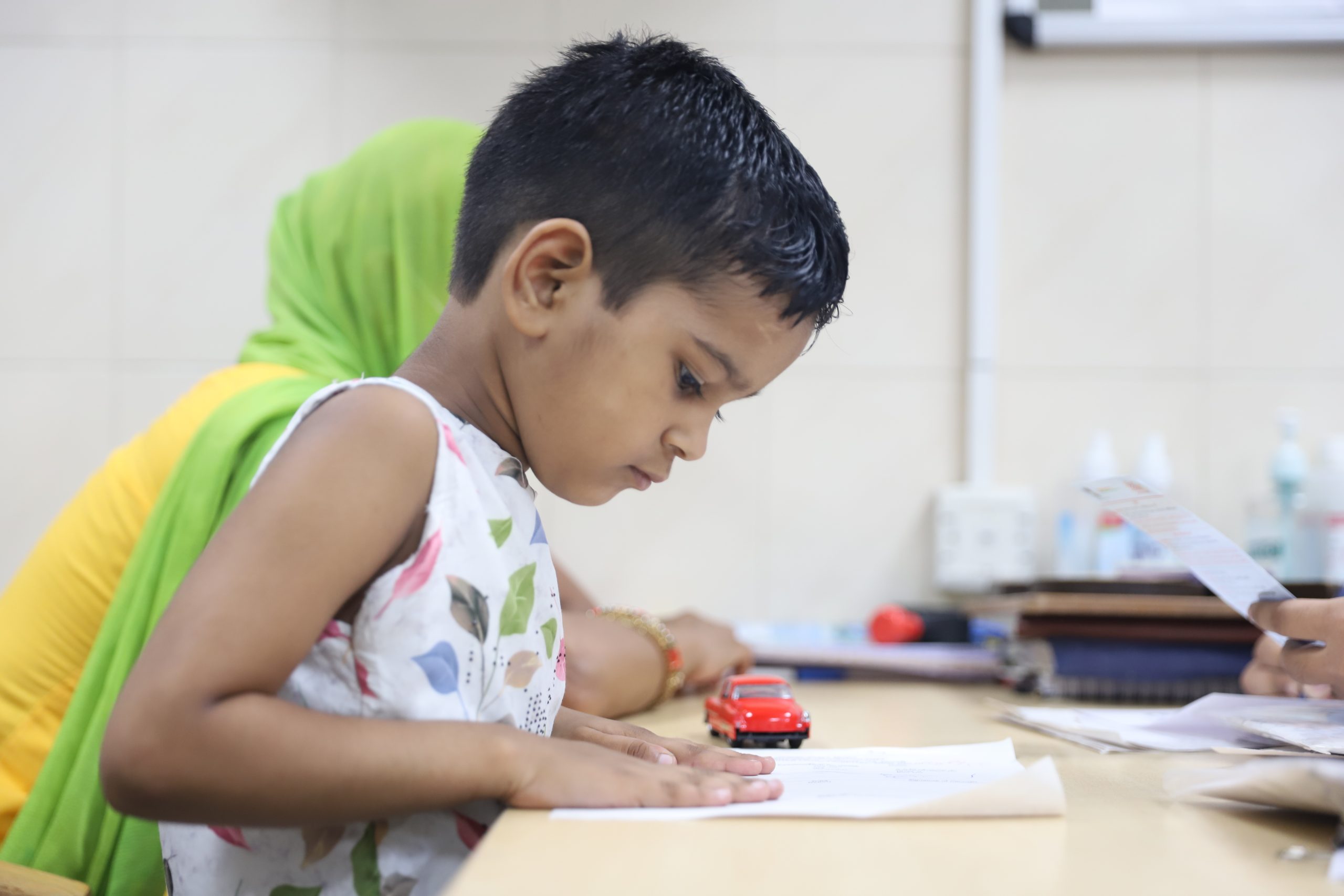 Causes of Gaming Disorder
Causes of Gaming Disorder
For gaming disorder to be diagnosed, the behavior pattern must be severe enough to significantly affect a person’s functioning in personal, family, social, educational, occupational, or other significant domains, and it must have been present for at least a period of 12 months.
CAUSES
Escapism
According to numerous researches, mental health conditions like depression, anxiety, and stress as well as gaming disorder may co-occur. Users who struggle with these underlying problems may develop the habit of playing video games excessively because it allows them to escape from the uncomfortable emotions they experience; in some cases, this may be the only thing that helps them feel better. The emotional, physical, social, and mental health of those who meet the criteria for gaming disorder is frequently worse.
Dopamine Desensitization
The act of playing video games is more addictive than the actual games (and its effect on our brains). This is due to the fact that playing video games is very stimulating and results in the release of large amounts of dopamine.
This elevated dopamine makes the gamer feel good in the moment; it can eventually cause their brain receptors to become desensitized. To achieve the same degree of satisfaction as before, they must play more frequently and for longer periods of time.
Sense of belonging
Building communities and virtually connecting with like-minded people can be accomplished through multiplayer gaming. This is especially true if you naturally lean toward introversion or experience anxiety in face-to-face social situations. Video games provide social contact that can be had without having to physically engage in a conversation with others. For people who are introverted or have social anxiety, connecting online is particularly appealing due to its anonymity.
Instant Gratification
Video games generate challenges that are easy to accomplish and consistent, which divert us from achieving meaningful goals outside of gaming. Also people typically tend to feel happy after finishing tasks.
As people experience immediate gratification for achieving these in-game successes, gaming can be addicting. This incentive mechanism eventually results in reinforced behaviour (e.g., more gaming).

RISKS, CONCERNS AND NEGATIVE IMPACTS OF GAMING DISORDER
Even while the majority of the symptoms described appear to have only temporary impacts on those with gaming condition, if the addictive behavior is not treated, they may cause long-term problems. For instance, while skipping sleep and eating poorly may initially cause short-term exhaustion, hunger, or weight gain, if these symptoms persist, they might develop into much more serious sleeping disorders or diet-related health difficulties. Additionally, the social isolation that addicted gamers face might lead to them losing all of their friends and destroying their relationships in the long run.
Additionally, gaming disorder has negative effects on finances, employment, and education. The expense of the equipment and the required high speed internet might add significantly to the financial difficulties. Additionally, the time spent concentrating on playing the games can eat up time that could be spent on academics or a profession.
Drug abuse is another significant concern for those with gaming disorders. Since depression and gaming disorder are strongly correlated, many addicts may find themselves receiving antidepressant prescriptions and using them. Because these medicines are difficult to quit using because of the withdrawal symptoms that arise, such as nausea, anxiety, irritability, and, in extreme circumstances, greater depression, an addiction to them may develop. Additional substance misuse problems could arise as a result of the addict’s lack of concern for their health.

Video games generate challenges that are easy to accomplish and consistent, which divert us from achieving meaningful goals outside of gaming. Also people typically tend to feel happy after finishing tasks.
PRACTICAL ADVICE AND GUIDANCE TO PREVENT VIDEO GAME ADDICTION
To keep the amount of time spent gaming under control; try these tips for adults and kids alike:
1: Recognize and Admit Your Video Game Addiction. Avoid internalizing the issue by repeatedly telling yourself, “I’m a video game addict,” and criticising your previous actions. This will only make your feel more depressed after these negative feelings often lead to more escapism). Adopting the label “addict” offers an “exit” whenever times are difficult (i.e., I’m a “addict,” hence I can’t control myself). Better not to attempt.). The first step is thus self awareness and self honesty.
2: Set time limits for play and stick to them.
3: Keep phones and other gadgets out of the bedroom to not play during the night.
4: Try apps or browser extensions to block your access to games
5: Ask friends and family to check in with you from time to time to make sure you’re not playing games when you’re supposed to be doing other things
6: Consider playing video games a reward for finishing other duties. Make a promise to prioritize those critical tasks first if your gaming is getting in the way of your need to do your homework, chores, or other tasks.
7: If you play games when you’re stressed, try other hobbies that can help you relax. When you use gaming as an escape from problems that are stressing you out, a gaming addiction may occasionally result. Develop some alternate coping mechanisms so that you have them on hand for times when you feel overwhelmed.
8: Do other physical activities every day, including exercise. This will lower the health risks of sitting and playing for long stretches of time.
9: Schedule proper breaks and become conscious of your screen time usage.
10: Schedule daily self-care time. Serious gaming addiction can make it difficult for you to meet your own basic needs. In turn, neglecting your health might make you feel exhausted and uncomfortable, which may drive you to take comfort in your game.
(The author is Associate Professor and HeadDepartment of Clinical Psychology, Atal Vihari Vajpayee Institute of Medical Sciences and Dr Ram Manohar Lohia Hospital, New Delhi)

